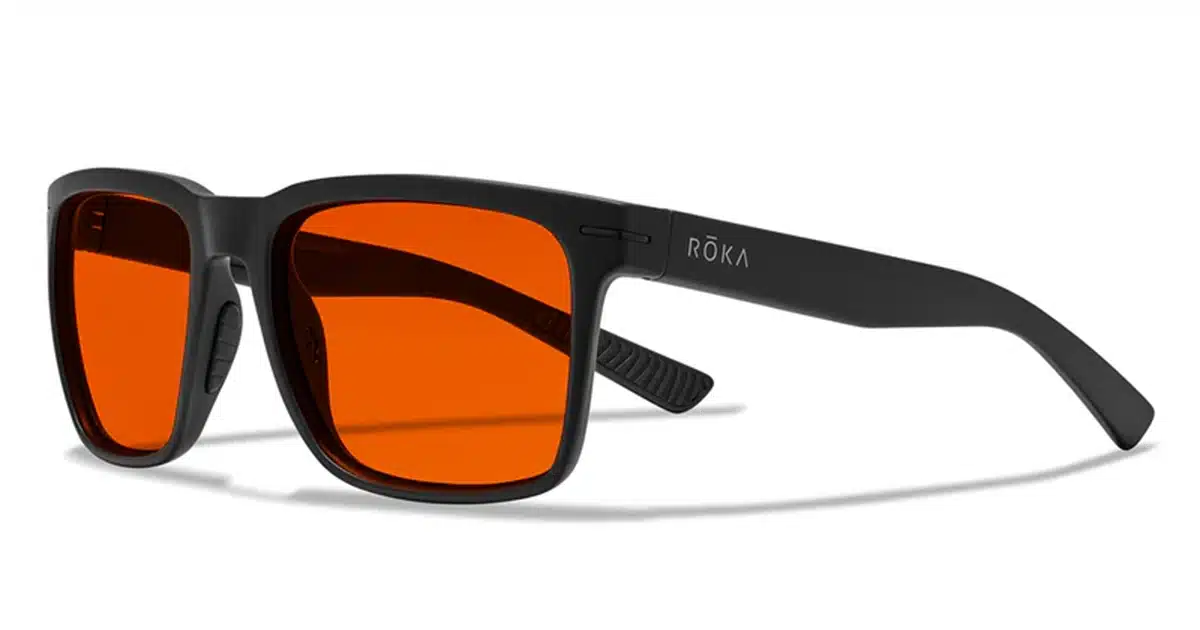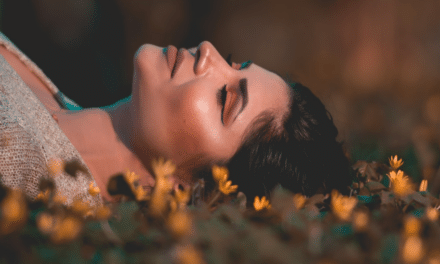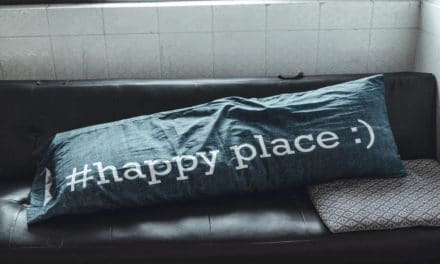For the last month, I have been using Roka’s Barton 2.0 Wind Down Non-Prescription glasses with a Matte Black Frame, the best light-blocking glasses I have used to prepare for sleep.
You can find Roka’s Website here. Before diving into the details of the product, let’s set the stage: exposure to short-wave light can significantly disrupt your circadian rhythms, which are crucial for restful sleep, pre-bedtime relaxation, and maintaining energy levels throughout the day.
In today’s world, we are constantly exposed to artificial light from phones, computers, and other devices—sources often dominated by short wavelengths. Roka’s Wind Down Lenses, developed in collaboration with Dr. Andrew Huberman, address this issue by filtering out light in the visible spectrum’s 400-520 nanometer range. This effectively blocks short wavelengths while preserving warm light, reducing the disruption to our circadian rhythms. The goal? To shield you from short wavelengths at night, improve your sleep quality, and help your body stay in sync with its natural circadian rhythms.
The Lens Options
Roka offers a variety of lens types, including non-prescription, prescription, and reader glasses. All feature a red-orange tint designed to filter out disruptive short wavelengths effectively. One standout feature is that these lenses don’t just filter blue light, as many similar products do—they target all short wavelengths that interfere with sleep and circadian health.
You can choose from different frame styles and colors when it comes to customization. I opted for the Matte Black Frame, which I thought looked sleek and modern.
Why Wear These Glasses at Night?
These glasses are specifically designed for nighttime use, as it’s critical to limit short-wavelength light exposure in the evening to promote relaxation and better sleep. According to Andrew Huberman, research suggests that wearing red lens glasses or using red light in the evening can help keep cortisol levels low, which supports restful sleep. Conversely, exposure to bright artificial light at night is associated with higher cortisol levels, which can contribute to anxiety, depression, and other health issues.
My Experience
Since using these glasses, I’ve noticed that they help me feel calmer and sleepier in the evenings. I pair them with red rock light lamps to maintain a sleep-friendly environment when I unwind before bed and do my recovery routine in my home gym. My typical routine involves wearing the glasses two hours before bedtime—starting at 8 PM—while meditating, reading, stretching, and other aspects of my routine. By 10 PM, I’m ready for sleep.
The difference between Roka’s glasses and my previous blue light-blocking glasses is remarkable. Unlike other red lens glasses I’ve tried in the past, which made it difficult to see clearly, Roka’s lenses allow me to read, navigate darker environments, and handle light sources comfortably.
The Price Point
Roka’s glasses are pricy, but you can often find discount codes by watching podcasts featuring Roka or searching online. If the cost feels prohibitive, you could consider more affordable blue light-blocking glasses or focus on limiting light exposure in other ways.
Key Takeaway
Sleep is foundational to good health; improving it should always be a priority. Whether through Roka’s Wind Down Lenses or other methods, making minor changes to reduce your exposure to short wavelengths at night can significantly impact you. If you’re curious, I recommend checking out Roka’s website to see if these glasses might suit you. Sleep better, live better—it’s worth the effort!





